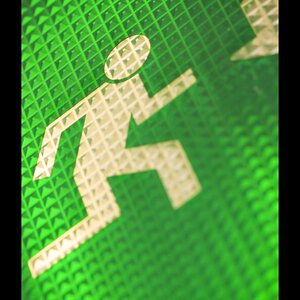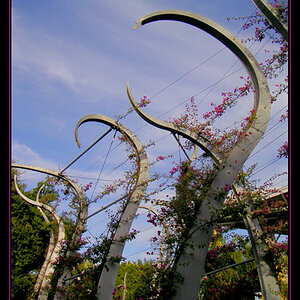tdar
TPF Noob!
- Joined
- Sep 19, 2016
- Messages
- 1
- Reaction score
- 0
- Can others edit my Photos
- Photos NOT OK to edit
Hello everybody
I am totally new to photography (except some smartphone experience ). I decided to buy my first "real" Camera. I was checking out the Canon EOS 750D and the Panasonic Lumix G70.
). I decided to buy my first "real" Camera. I was checking out the Canon EOS 750D and the Panasonic Lumix G70.
Does anyone have experience with the Lumix G70? Does anybody want to convince me of the G70?
I am totally new to photography (except some smartphone experience
Does anyone have experience with the Lumix G70? Does anybody want to convince me of the G70?








![[No title]](/data/xfmg/thumbnail/37/37602-1ef8dbb1c2d0e4ff347ee65d328c3603.jpg?1619738147)


![[No title]](/data/xfmg/thumbnail/35/35947-ab35bfc67d8e12ce65dda301d3bf2b66.jpg?1619737255)
![[No title]](/data/xfmg/thumbnail/32/32806-e16129723fd659a65a21d27ec96c2637.jpg?1619735667)
![[No title]](/data/xfmg/thumbnail/36/36302-6ee4929dfdf80290ffd73704693e860f.jpg?1619737496)